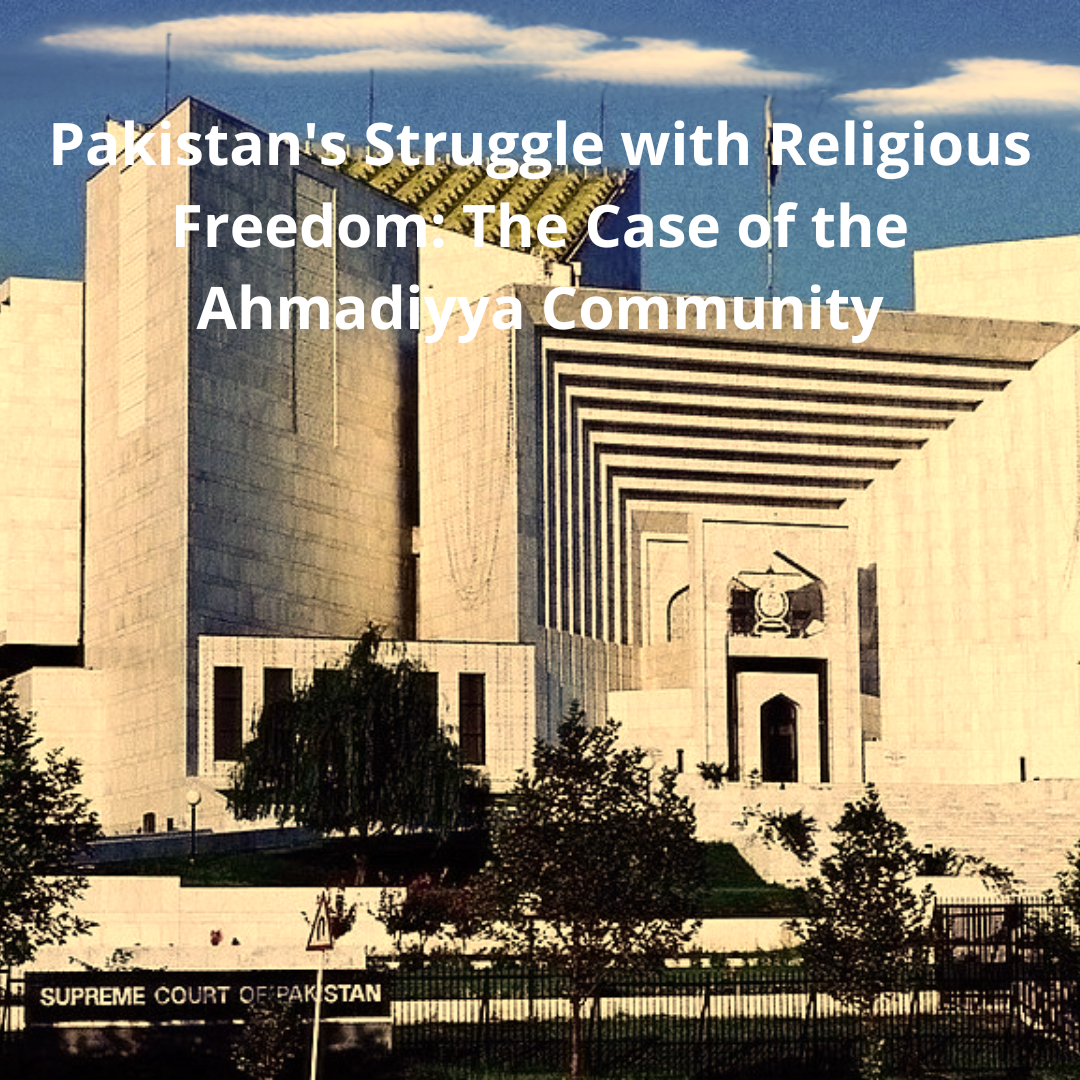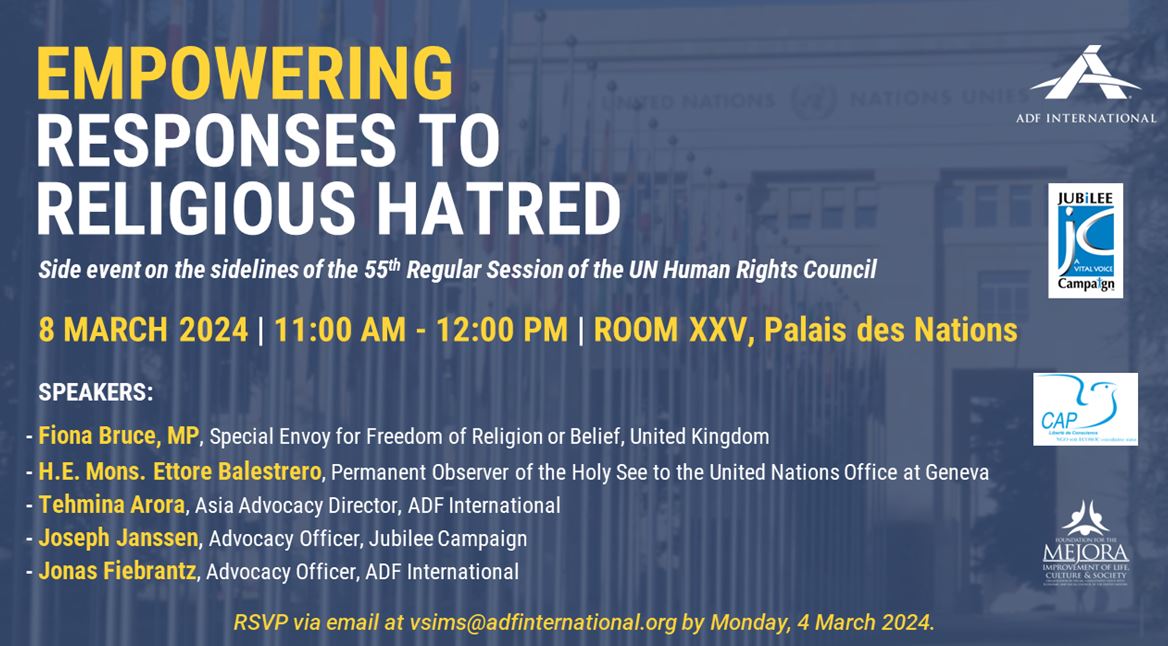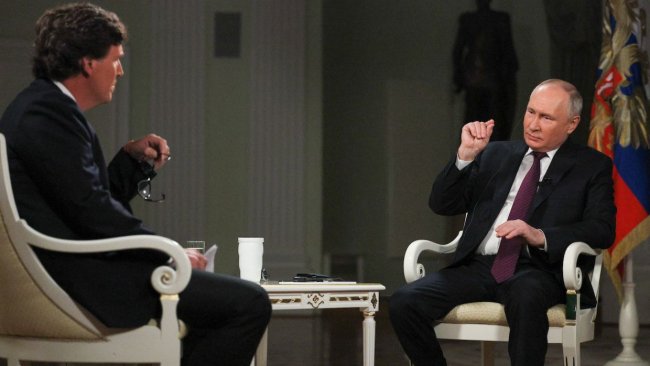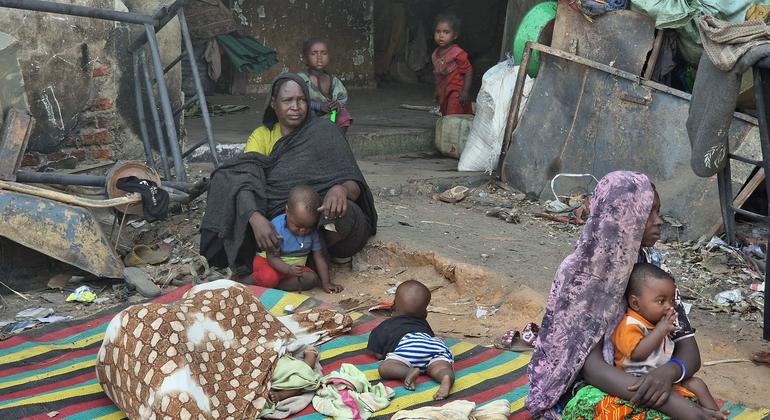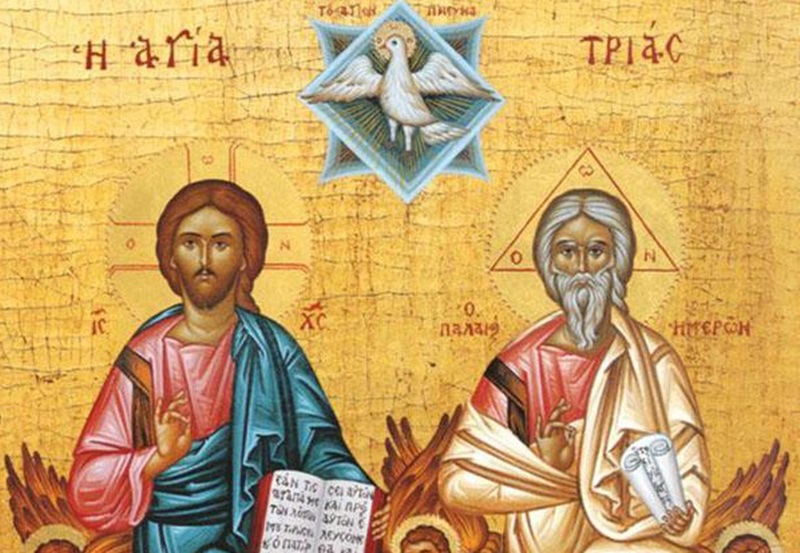Brussels, 27th February 2024 – On the occasion of World NGO Day, the European External Action Service (EEAS), spearheaded by High Representative/Vice-President Josep Borrell, has reaffirmed its unwavering support for civil society organizations (CSOs) worldwide. Amidst an alarming global trend of shrinking civic spaces and increasing hostility towards NGO workers, human rights defenders, and journalists, the EU has taken a stand to protect and empower these crucial pillars of democracy.
Civil society, often the voice for the most vulnerable, faces unprecedented challenges. From being branded as “foreign agents” to facing excessive force during peaceful protests, the environment for NGOs and civil society actors is becoming increasingly restrictive. In light of these challenges, the EU’s condemnation of attacks on freedom of association and peaceful assembly has never been more pertinent.
To combat these concerning trends, the EU is leveraging all tools at its disposal, including substantial financial support. A notable initiative is the EU System for Enabling Environment (EU SEE), launched in 2023 with a €50 million budget. This groundbreaking system aims to monitor and promote civic space in 86 partner countries, incorporating an EU SEE Monitoring Index, an early warning mechanism, and a rapid and flexible support mechanism (FSM). These tools are designed to bolster civil society’s resilience and swiftly respond to any deterioration or positive developments in civic freedoms.
The EU’s commitment extends beyond the EU SEE. The Global Europe Civil Society Organisations (CSOs) programme, with a €1.5 billion budget for 2021-2027, supports civil society organizations outside the EU. This is complemented by other programmes and sources, including nine partnerships totaling €27 million focused on fundamental freedoms and independent media, and the ‘Team Europe Democracy’ initiative, which pools €19 million from 14 Member States to enhance democracy and civic space.
Furthermore, the Protect Defenders.eu mechanism, with a €30 million budget until 2027, continues to offer vital support to Human Rights Defenders (HRDs) at risk, having assisted more than 70,000 individuals since its inception in 2015. Additionally, under the Instrument for Pre-accession Assistance (IPA III), the EU has committed €219 million for civil society and media in the Western Balkans and Türkiye for 2021-2023.
As the world prepares for the Summit of the Future, the EU emphasizes the importance of a robust role for civil society, including youth, in shaping the UN’s Pact for The Future. This engagement is crucial for advancing the Sustainable Development Goals and upholding human rights.
On World NGO Day, the EU honors the invaluable contributions of civil society in fostering resilient and inclusive societies. The EU’s comprehensive support framework underscores its dedication to safeguarding a safe and open civic space worldwide, ensuring that the voices of the most vulnerable are heard and protected.
The Crucial Role of NGOs in Protecting Freedom of Religion or Belief
On World NGO Day, we take a moment to acknowledge and celebrate the vital work of non-governmental organizations (NGOs) around the globe, especially those dedicated to protecting the fundamental human right of Freedom of Religion or Belief (FoRB). This day serves as a reminder of the importance of supporting these organizations, as their efforts in safeguarding FoRB are not only pivotal in their own right but also facilitate a wide range of other humanitarian aid initiatives.
Freedom of Religion or Belief is a cornerstone of human rights, enshrined in Article 18 of the Universal Declaration of Human Rights. It ensures that individuals and communities can practice their religion or belief freely, without fear of discrimination or persecution. However, in many parts of the world, this right is under threat, with individuals facing violence, legal penalties, and social ostracization for their beliefs. In this context, NGOs working to protect FoRB play a critical role in advocating for the rights of these vulnerable populations, monitoring abuses, and providing support to victims.
The protection of FoRB is intrinsically linked to the broader spectrum of humanitarian aid. When individuals and communities are free to practice their beliefs, it fosters an environment of tolerance and peace, which is essential for the effective delivery of aid. Moreover, NGOs focused on FoRB often work in collaboration with other humanitarian organizations to address complex crises that involve elements of religious persecution. By ensuring that FoRB is protected, these NGOs contribute to creating stable societies where other forms of humanitarian assistance, such as education, healthcare, and disaster relief, can be more effectively implemented.
Furthermore, the work of these NGOs in protecting FoRB can lead to long-term societal benefits, including the promotion of pluralism, democracy, and human rights. By advocating for the rights of all individuals to practice their religion or belief freely, these organizations help to combat extremism and build resilient communities that are capable of withstanding and recovering from conflicts.
On World NGO Day, it is crucial to recognize the interconnectedness of human rights and humanitarian aid. Supporting NGOs that focus on protecting Freedom of Religion or Belief is not only a commitment to upholding a fundamental human right but also a strategic investment in the broader humanitarian mission. As we honor the invaluable contributions of these organizations, let us also commit to further supporting their efforts, understanding that in doing so, we are helping to facilitate all other types of humanitarian aid and contributing to the creation of a more just and peaceful world.




